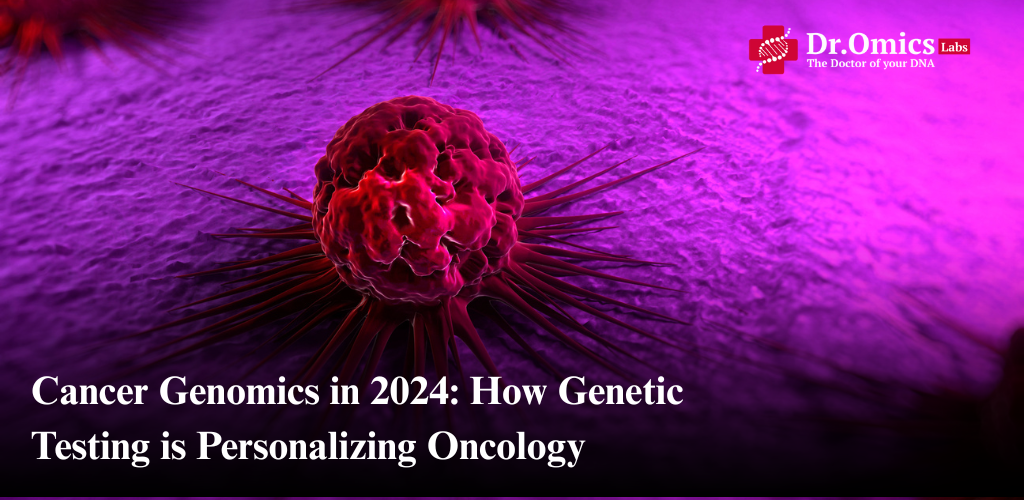Cancer treatment has entered a new era—one defined by genetic insight and individualized care. In 2024, advances in cancer genomics are transforming how we detect, diagnose, and treat cancer. Through tumor DNA testing and deep analysis of genetic mutations in cancer, doctors can now tailor therapies with remarkable precision.
This growing field—known as oncogenomics—is the foundation of precision oncology, where a patient’s unique genetic profile guides the most effective treatment strategies.
What Is Cancer Genomics?
Cancer genomics is the study of the DNA mutations and molecular changes that drive cancer. Every tumor carries a unique set of genetic alterations—some inherited, others acquired during a person’s life. These mutations influence how the tumor grows, spreads, and responds to treatments.
By decoding these alterations through tumor DNA testing, clinicians can better understand the biology of a patient’s cancer and select treatments that target those specific changes.
Tumor DNA Testing: How It Works
Modern tumor DNA testing uses next-generation sequencing (NGS) to analyze hundreds of cancer-related genes from a biopsy or even a blood sample (liquid biopsy). This test can identify:
- Driver mutations (e.g., EGFR, KRAS, BRAF)
- Actionable targets for therapy (e.g., HER2 amplification)
- Tumor mutational burden (TMB) and microsatellite instability (MSI)
- Resistance mutations that explain why certain drugs may not work
These insights help oncologists choose targeted therapies, immunotherapies, or clinical trials that are most likely to benefit the patient.
Precision Oncology in Practice
Precision oncology means moving away from a “one-size-fits-all” approach to cancer treatment. Instead, it focuses on matching treatments to the specific genetic drivers of each person’s tumor.
This personalized approach often results in better outcomes, fewer side effects, and more efficient use of therapies.
The 2024 Breakthroughs in Cancer Genomics
In 2024, cancer genomics is becoming more integrated into routine oncology care thanks to:
- Wider access to comprehensive genomic panels
- Liquid biopsy technology for less invasive monitoring
- AI-assisted interpretation of complex mutation patterns
- Integration of germline (inherited) and somatic (tumor-acquired) testing for a full genetic picture
Patients now benefit from more personalized care earlier in their treatment journey, often before standard treatments fail.
Conclusion
Cancer genomics is reshaping oncology, one patient at a time. With tools like tumor DNA testing and oncogenomic profiling, doctors can identify the genetic mutations in cancer that drive disease—and attack them with therapies tailored to each individual.
In 2024, precision oncology is no longer reserved for experimental settings—it’s becoming the standard of care. As genetic insights continue to expand, patients gain access to treatments that are not just effective, but personal.
Want to learn if genetic testing can help personalize your cancer treatment plan? Talk to your oncologist about comprehensive tumor profiling today.




